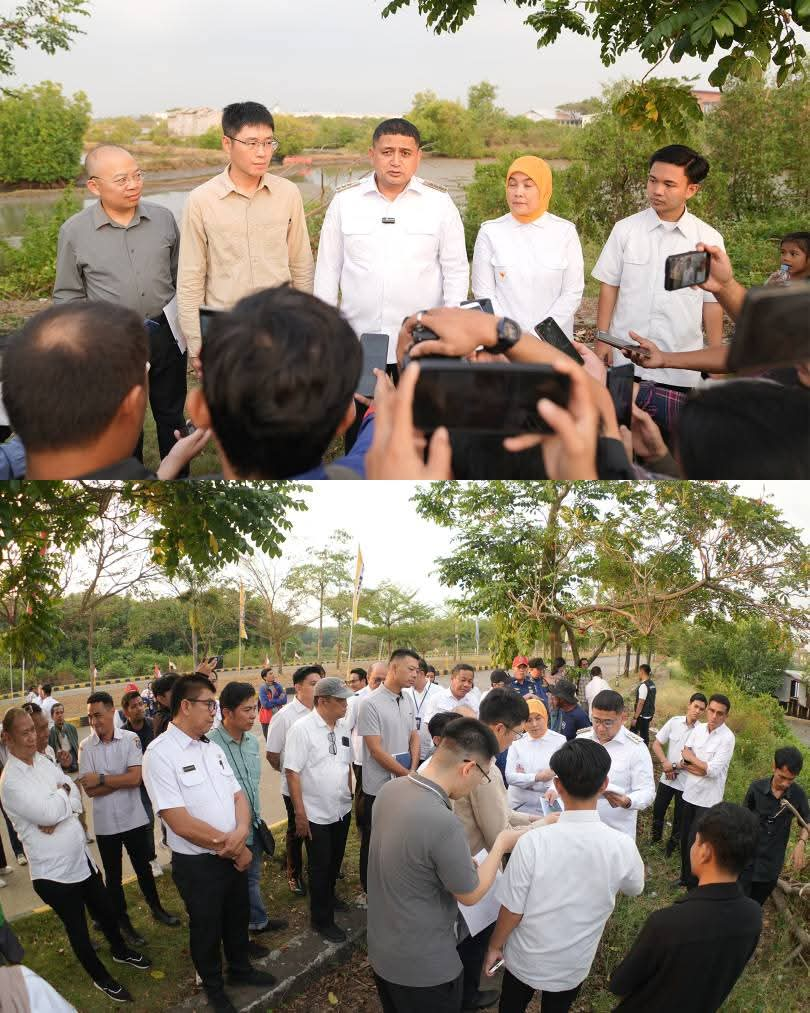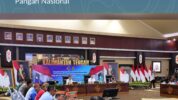Chinese Firm CAMCE Advances Plans for International Stadium in Makassar
The firm holds ISO 9001:2015 certification for quality management and has a 98.5% compliance rate in project delivery, ensuring reliability for the Makassar venture.
The stadium is a cornerstone of Makassar’s infrastructure modernization, aligned with Indonesia’s national push to upgrade sports facilities. CAMCE’s involvement could spur local employment, mirroring its Jenelata Dam project, which created jobs and improved regional irrigation in Sulawesi .
CAMCE prioritizes eco-friendly designs, aiming for a 20% reduction in carbon emissions by 2024. The Makassar stadium may incorporate solar panels and rainwater harvesting, reflecting CAMCE’s “Green Building Initiative”, which has already optimized 60 global projects for sustainability .
The company will finalize the stadium’s design after land surveys, leveraging its 300+ patents in engineering solutions. Construction is projected to begin in 2026, with CAMCE’s track record of delivering projects like Panama’s stadium in 540 days suggesting an efficient timeline .
China-Indonesia ties, part of CAMCE’s mission to”Deliver the Value of China Engineering” globally. However, CAMCE’s “Severe Risk” ESG rating calls for oversight to ensure sustainable practices .
Beyond sports, the stadium could boost tourism and host international events, complementing Indonesia’s 2034 FIFA World Cup bid. CAMCE’s $1.2 billion annual overseas revenue highlights its capacity to deliver. (Uki Ruknuddin)



























Tinggalkan Balasan